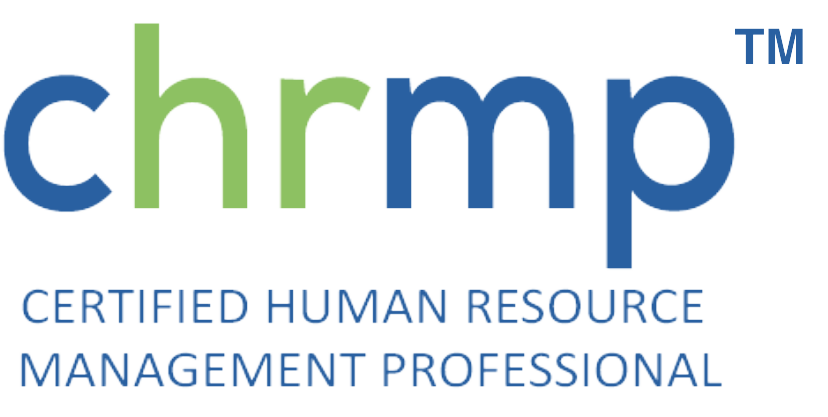An Interview is face to face (usually) meeting between the candidate and representative of the organization.
As an interviewer, you must utilize the opportunity to test the individual on the skills required for the job.
There are various types of questions that are used by Interviewers for assessing candidates.
Types of Interview Questions
- Generic Questions
- Conceptual Questions
- Hypothetical Questions
- Behavioural Event Questions
Generic questions
As the name suggests, they are generic and bear no relation to the job description for a particular role. Hence the answers it elicits from the candidates are also hardly relevant to the role in consideration. These questions can apply to all roles in any organization
Examples:
•What are your strengths and weaknesses?
•Where do you see yourself five years from now?
•Why should we hire you?
Conceptual Questions
Conceptual questions check the understanding of the candidate about a particular concept. These questions do not help in evaluating the behaviour of the candidate since most people can give theoretical answers, but it may not translate to actions in real life when faced with such situations.
Examples:
•What are the most important tenets of effective communication?
•What is the most important characteristics of a leader?
•Is prioritization necessary for effective time management?
Hypothetical Questions
Hypothetical questions talk about a scenario and require the candidate to think about how they would deal with that particular scenario.
Examples
- What would you do if there is a conflict in the team?
- What would you do if you are stuck in traffic and you have a very important meeting to attend?
There is a problem with the above three types of questions (called Traditional Interviews).
1. They are too theoretical and do not help us in evaluating a candidate’s actual behaviour.
2. A person giving a good response to these questions does not mean they have the skill in question. These can be responded with ideal scenarios/answers without revealing much about the candidate’s competencies or skills
3. People often do not behave according to what they know (Knowing-Doing Gap)
Behavioural Event Questions
Behavioural event interview questions, on the other hand, help in assessing the actual behaviour of the candidates through pieces of evidence from their past.
Behavioral Interviewing is considered to be among the most reliable techniques for the final selection of a candidate.

Responses